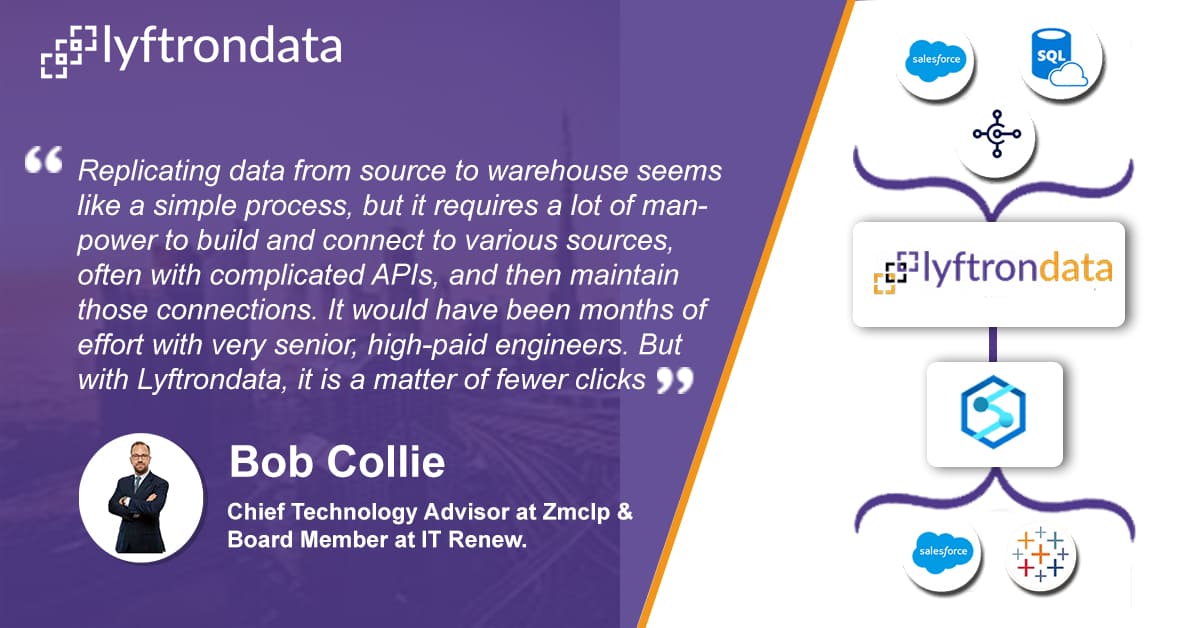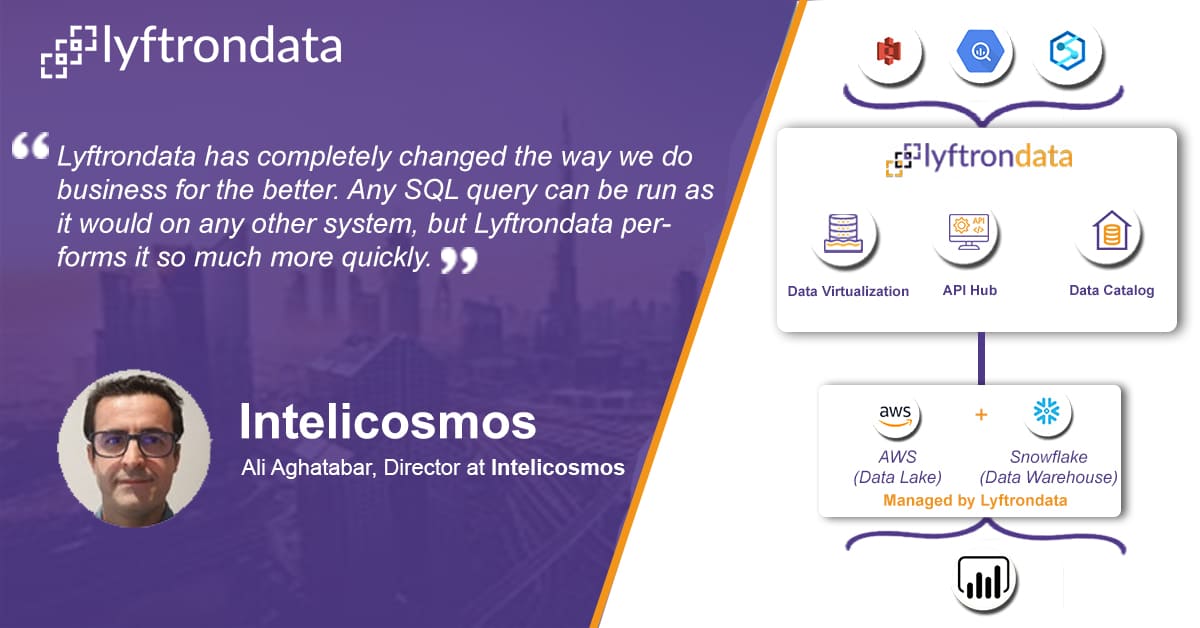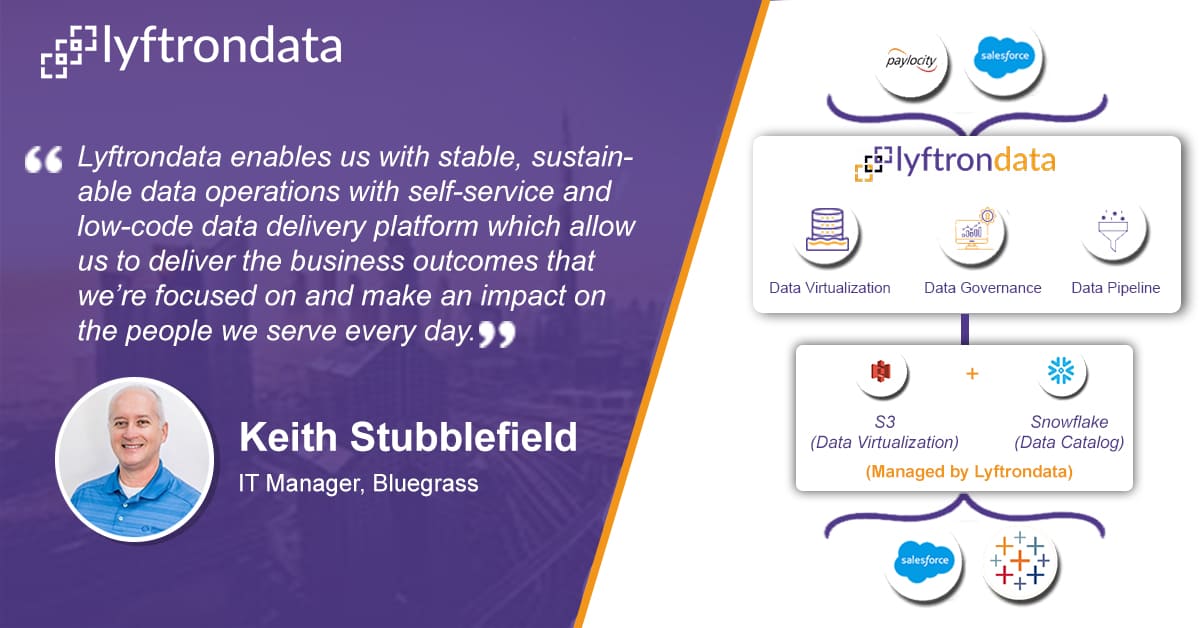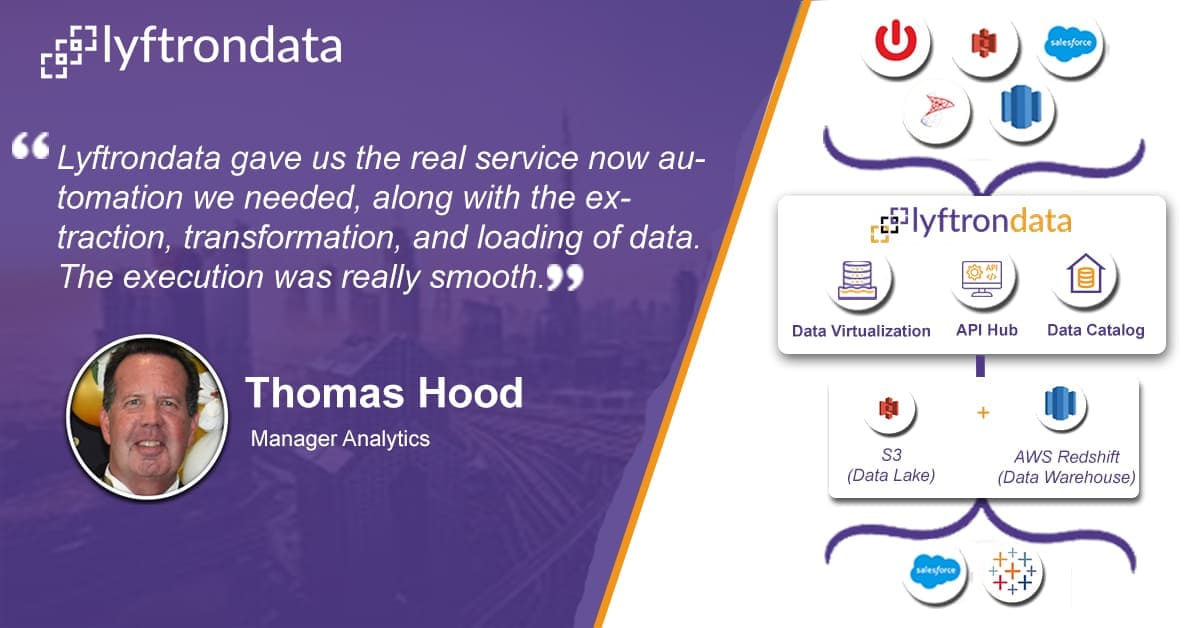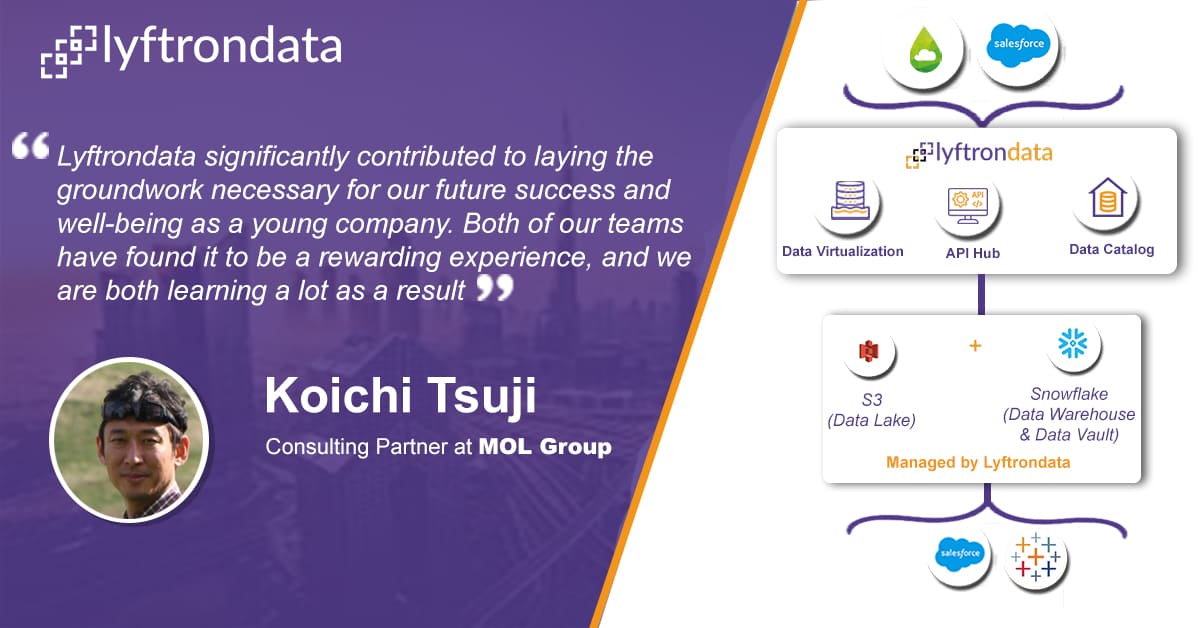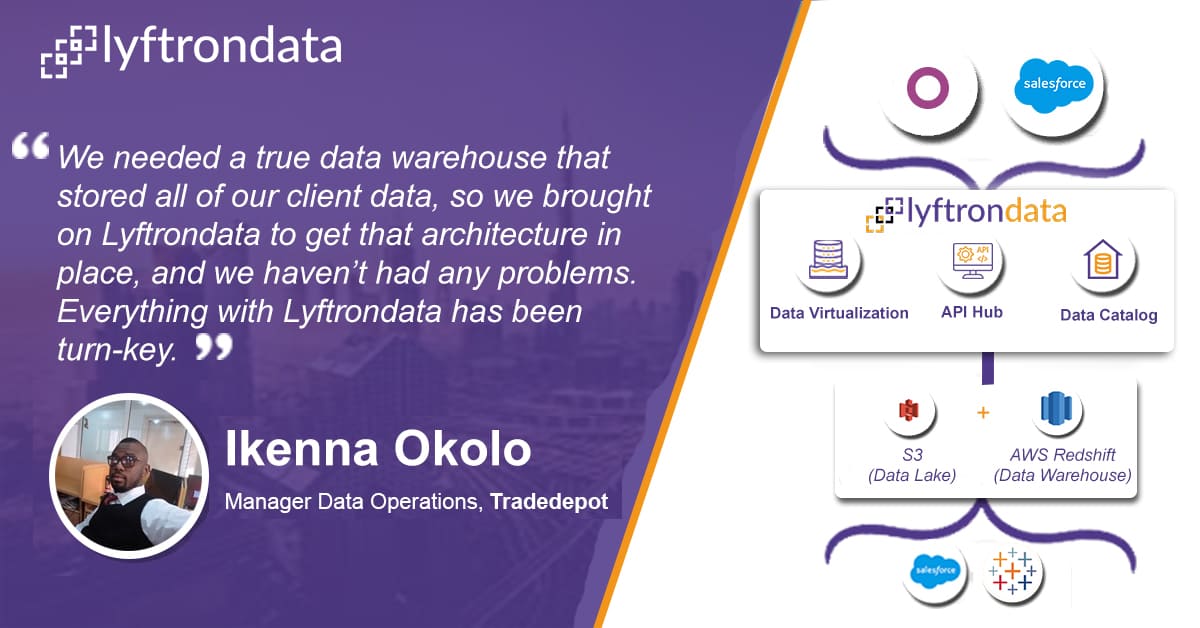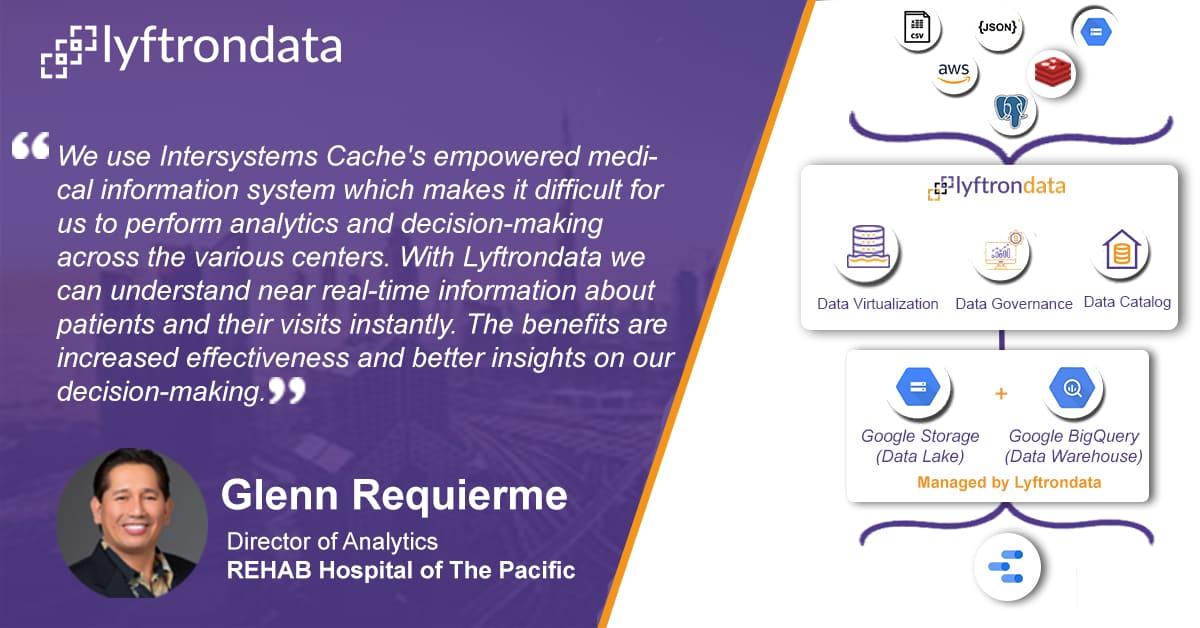200X Acceleration at
1/10th of the cost
Zero
maintenance
No credit card
required
Zero coding
infrastructure
Multi-level
security
Simplify YugabyteDB integration in
4 simple steps
Create connections
between YugabyteDB and targets.
Prepare pipeline
between YugabyteDB and targets by selecting tables in bulk.
Create a workflow
and schedule it to kickstart the migration.
Share your data
with third-party platforms over API Hub

Why choose Lyftrondata for YugabyteDB Integration?
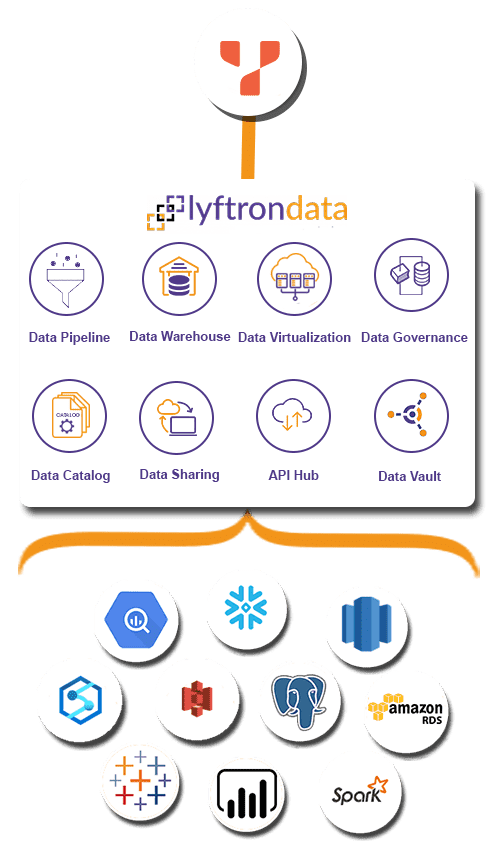

Simplicity
Build your YugabyteDB pipeline and experience unparalleled data performance with zero training.

Robust Security
Load your YugabyteDB data to targets with end-to-end encryption and security.

Accelerated ROI
Rely on the cost-effective environment to ensure your drive maximum ROI.

Customer's Metrics
Track the engagement of your customers across different channels like email, website, chat, and more.

Improved Productivity
Measure the performance of your team and highlight areas of improvement.

360-degree Customer View
Join different data touch points and deliver personalized customer experience.
Hassle-free YugabyteDB integration to the platforms of your choice
Migrate your YugabyteDB data to the leading cloud data warehouses, BI tools, databases or Machine Learning platforms without writing any code.
Hear how Lyftrondata helped accelerate the data journey of our customers
FAQs
What is YugabyteDB?
YugabyteDB is an open-source, distributed SQL database designed for cloud-native applications. It is built to provide high availability, scalability, and resilience across multiple regions and clouds. YugabyteDB combines the features of traditional relational databases with the advantages of NoSQL databases, making it suitable for a wide range of use cases.
What are the features of YugabyteDB?
Distributed Architecture:
YugabyteDB is designed to be horizontally scalable, allowing it to distribute data across multiple nodes in a cluster. This enables it to handle large volumes of data and high transaction loads efficiently.
SQL and NoSQL Capabilities:
It supports both SQL (YSQL API) and NoSQL (YCQL API) query languages. This allows developers to use familiar SQL syntax for relational workloads while also catering to applications that require flexible data models.
High Availability:
YugabyteDB provides built-in replication and automatic failover mechanisms, ensuring high availability and resilience against hardware failures or outages.
Automatic Sharding:
The database automatically shards data across nodes, which simplifies scaling and improves performance by distributing workloads evenly.
What are the shortcomings of YugabyteDB?
Complexity in Setup and Management:
Operational Complexity: Setting up and managing a distributed database like YugabyteDB can be complex, requiring knowledge of distributed systems, networking, and database administration.
Learning Curve: Organizations may face a steep learning curve, particularly if they are transitioning from traditional single-node databases.
Limited Ecosystem and Tools:
Tooling and Integrations: Compared to more established databases like PostgreSQL, the ecosystem around YugabyteDB may have fewer third-party tools and integrations, potentially making it harder to find support or solutions for specific needs.
Early Stage of Development:
Feature Set: While YugabyteDB is feature-rich, it is still relatively young compared to more established databases. Some advanced features or optimizations found in mature databases may be lacking or still under development.
Stability Concerns: As with any newer technology, there may be stability or bug-related concerns that arise as new features are introduced.
Make smarter decisions and grow your sales with Lyftrondata YugabyteDB integration





